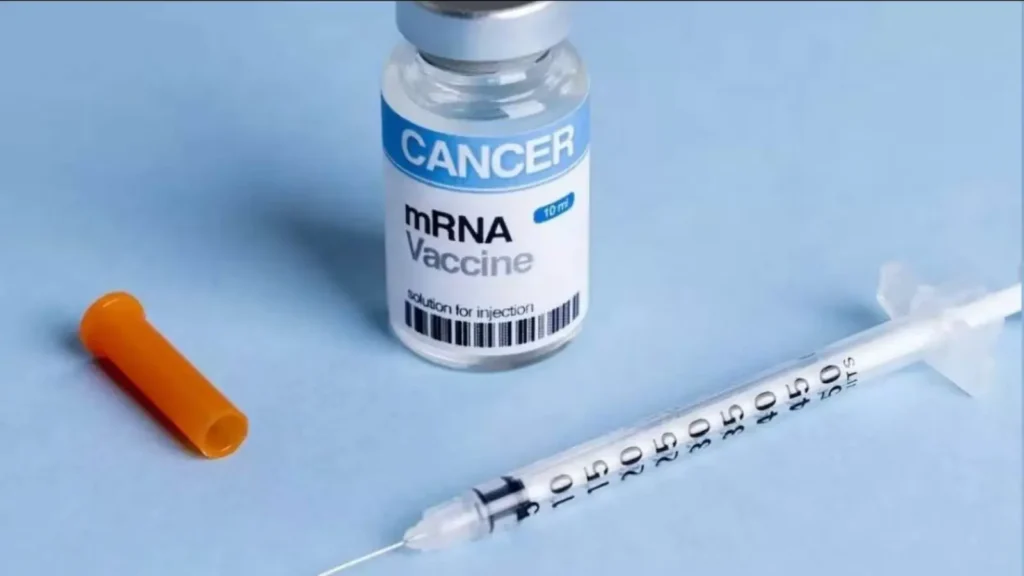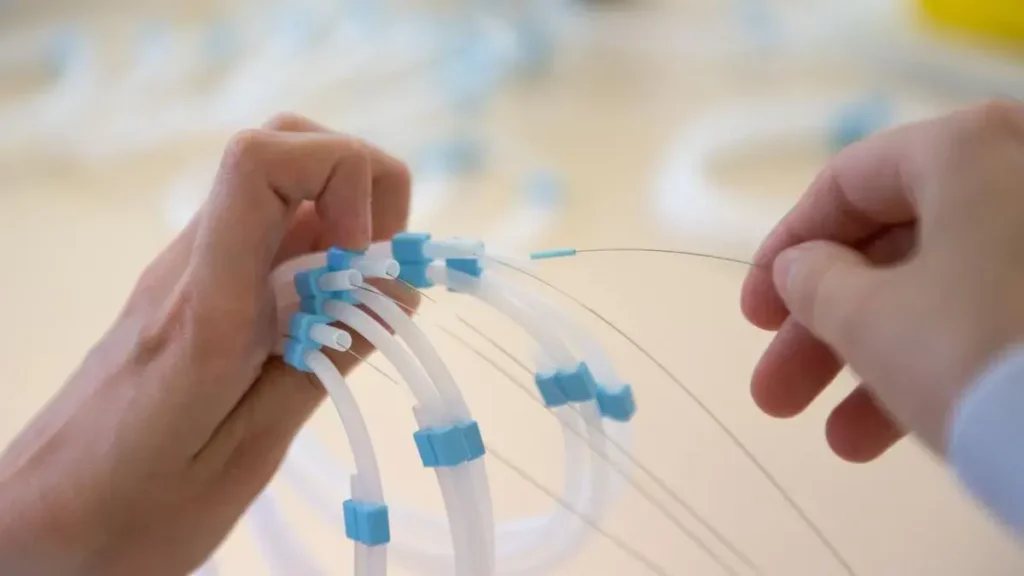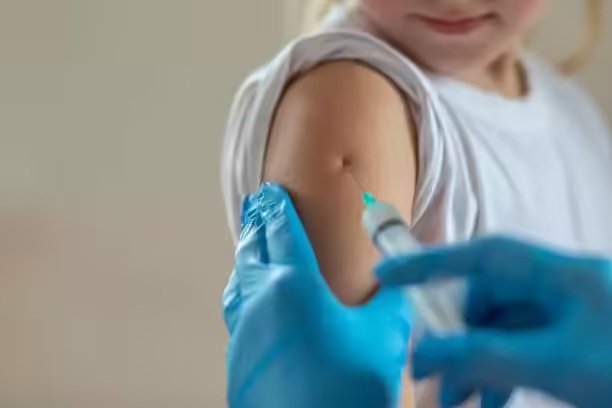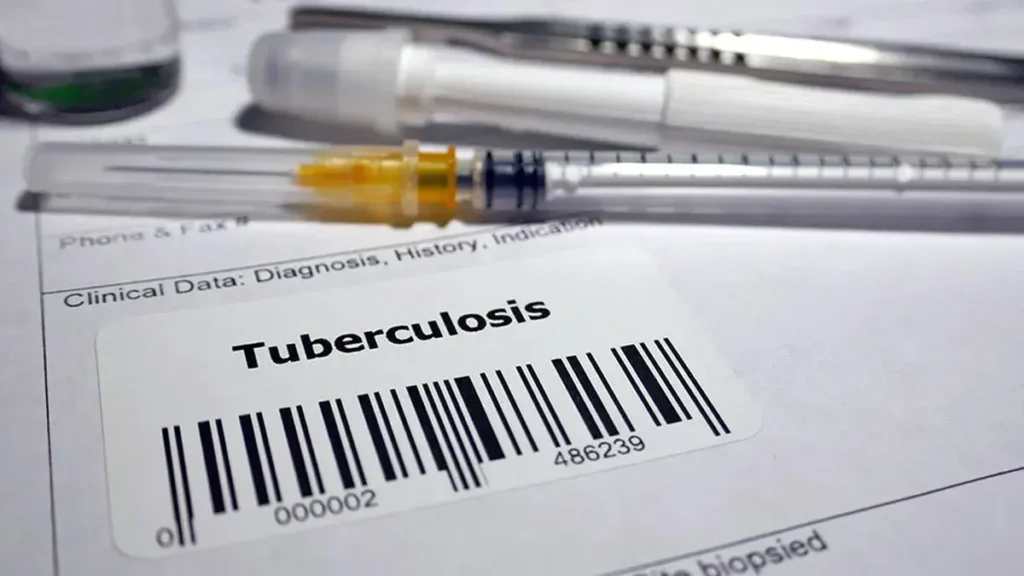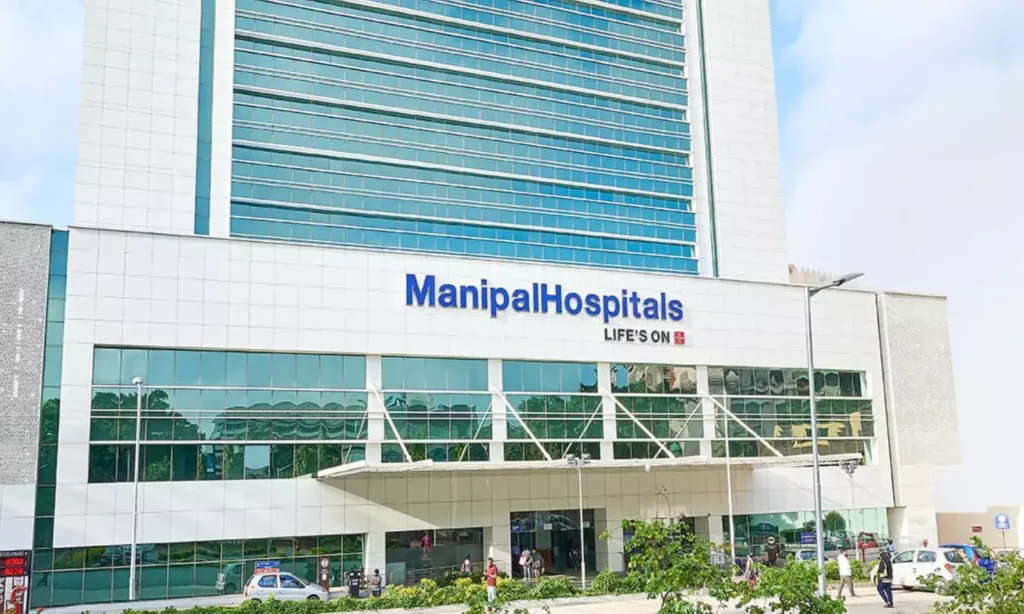Russia Declares Cancer Vaccine ‘Enteromix’ Ready for Clinical Use; To Be Provided Free for Patients
Russia has announced that its personalised cancer vaccine, Enteromix, developed using advanced mRNA technology, is now ready for clinical application following successful early trials. The vaccine, created by the National Medical Research Radiology Centre in collaboration with the Engelhardt Institute of Molecular Biology, was unveiled at the 10th Eastern Economic Forum in Vladivostok in September 2025, attracting global interest from 8,400 delegates representing 75 countries. Personalised Immunotherapy Unlike chemotherapy and radiation, which damage healthy cells alongside cancerous ones, Enteromix works by training the body’s immune system to recognise and destroy tumors. Each dose is tailored to a patient’s RNA profile, ensuring a highly individualised treatment with fewer side effects. The vaccine uses four harmless viral vectors to trigger immune responses that shrink tumors, slow their spread, and extend life expectancy. Clinical Trial Results In early-stage clinical trials involving 48 patients, Enteromix demonstrated strong results: Tumor sizes reduced by 60–80%. Tumor growth halted and in some cases reversed. Improved overall survival rates. No severe side effects reported. Effectiveness maintained across multiple doses. The initial version of Enteromix targets colorectal cancer, a leading cause of cancer-related deaths worldwide. Further versions for glioblastoma (brain cancer) and melanoma are also under development. Accessibility and Global Impact Russia’s Federal Medical and Biological Agency (FMBA), led by Veronika Skvortsova, confirmed that once regulatory approvals are secured, the vaccine will be distributed free of cost to patients, making advanced cancer therapy more accessible across all social groups. Enteromix is part of a growing global race to develop cancer vaccines using mRNA technology. Companies like BioNTech and Moderna are advancing similar personalised vaccines for pancreatic, lung, and skin cancers, while the UK’s Cancer Vaccine Launch Pad and India’s work on breast, oral, and cervical cancer vaccines show worldwide momentum in this field. Russia, however, is among the first to declare clinical readiness. Next Steps Despite promising results, Enteromix must undergo Phase 2 and Phase 3 clinical trials involving larger patient groups to confirm its safety and effectiveness before widespread use. Approval from Russia’s Ministry of Health and international health agencies will be critical for its rollout. If successful, Enteromix could become one of the first personalised mRNA cancer vaccines available to the public, offering a major breakthrough in global oncology treatment. Source: TOI Photo Credit: @SputnikInt/X

